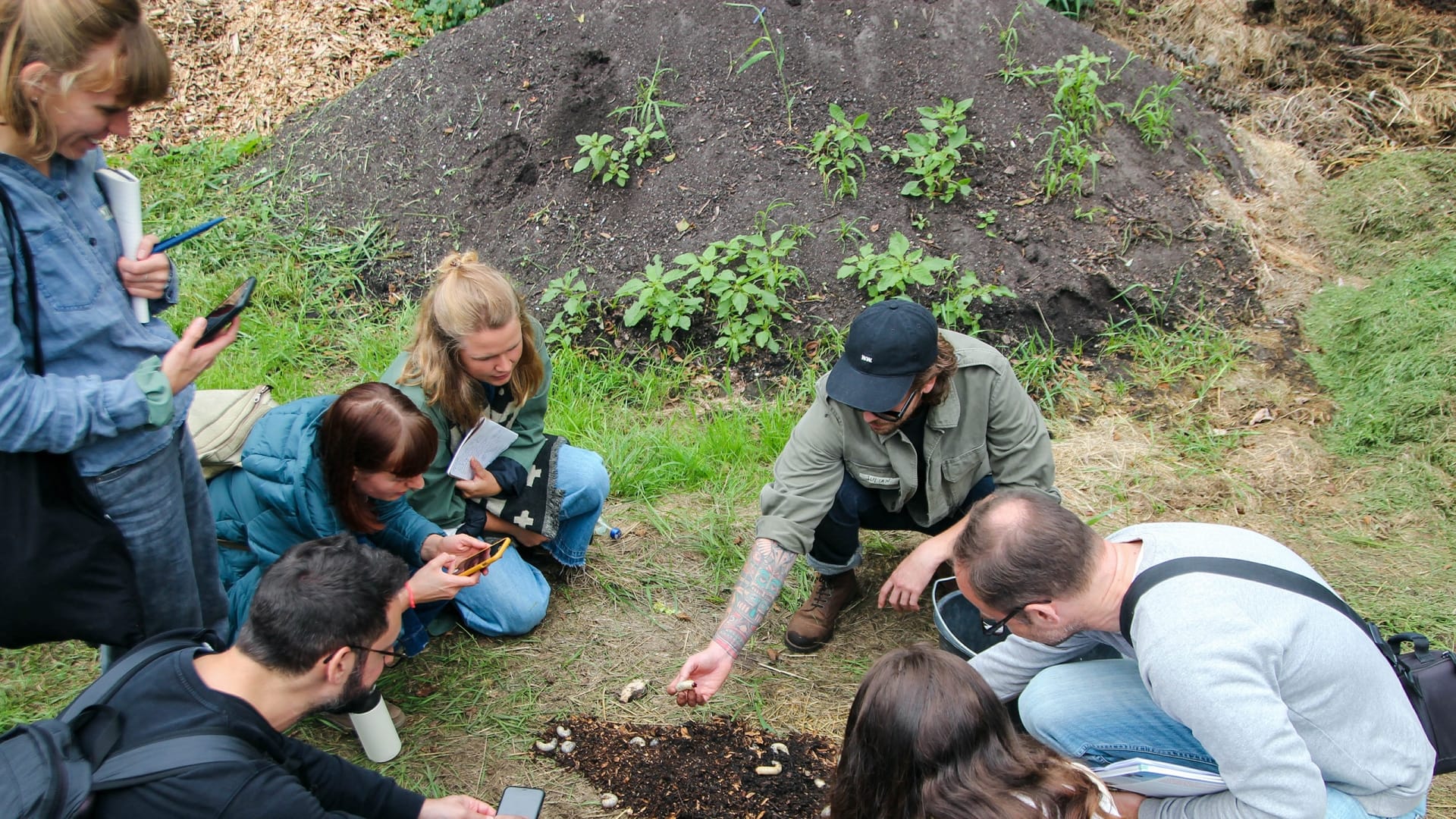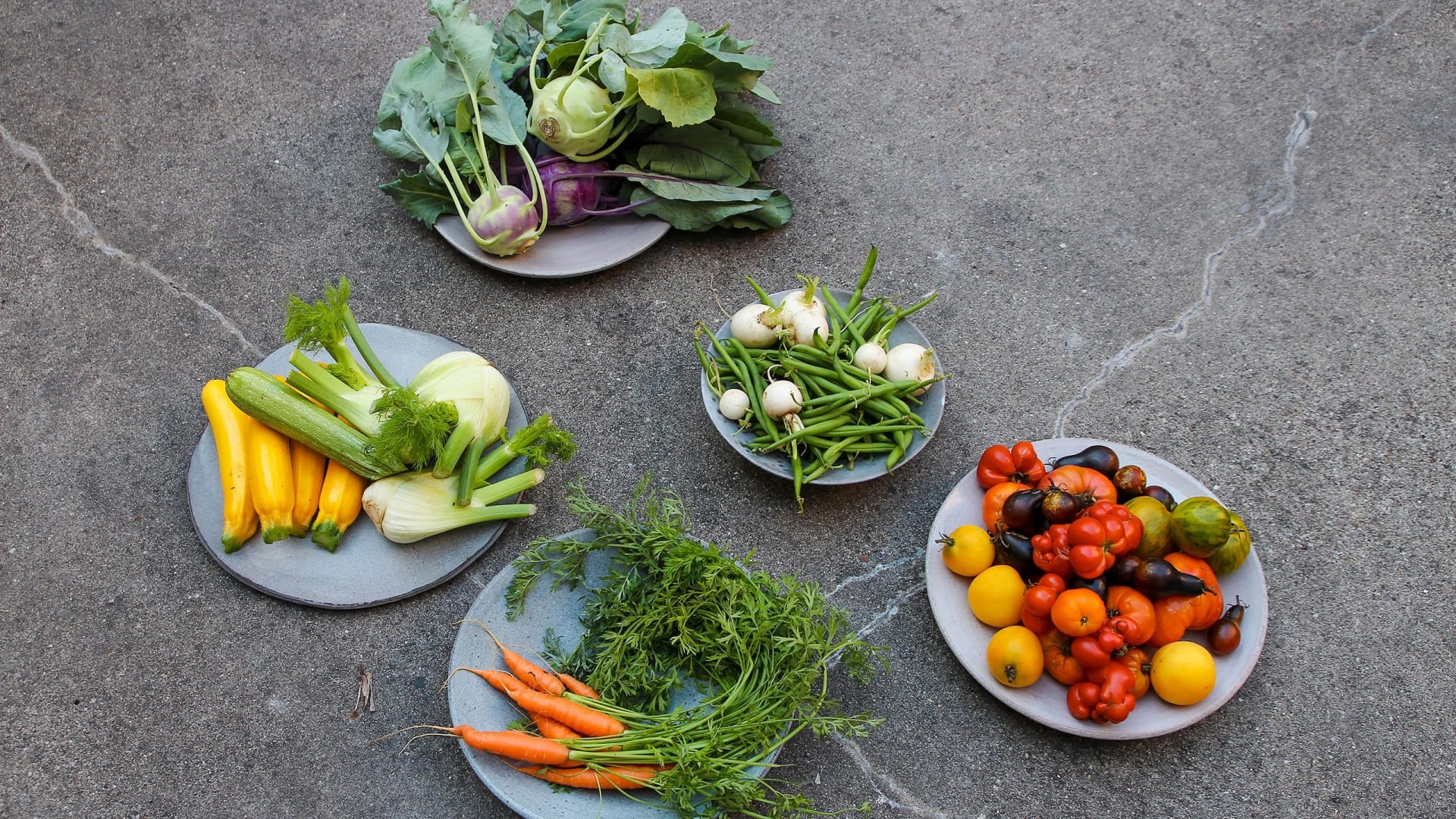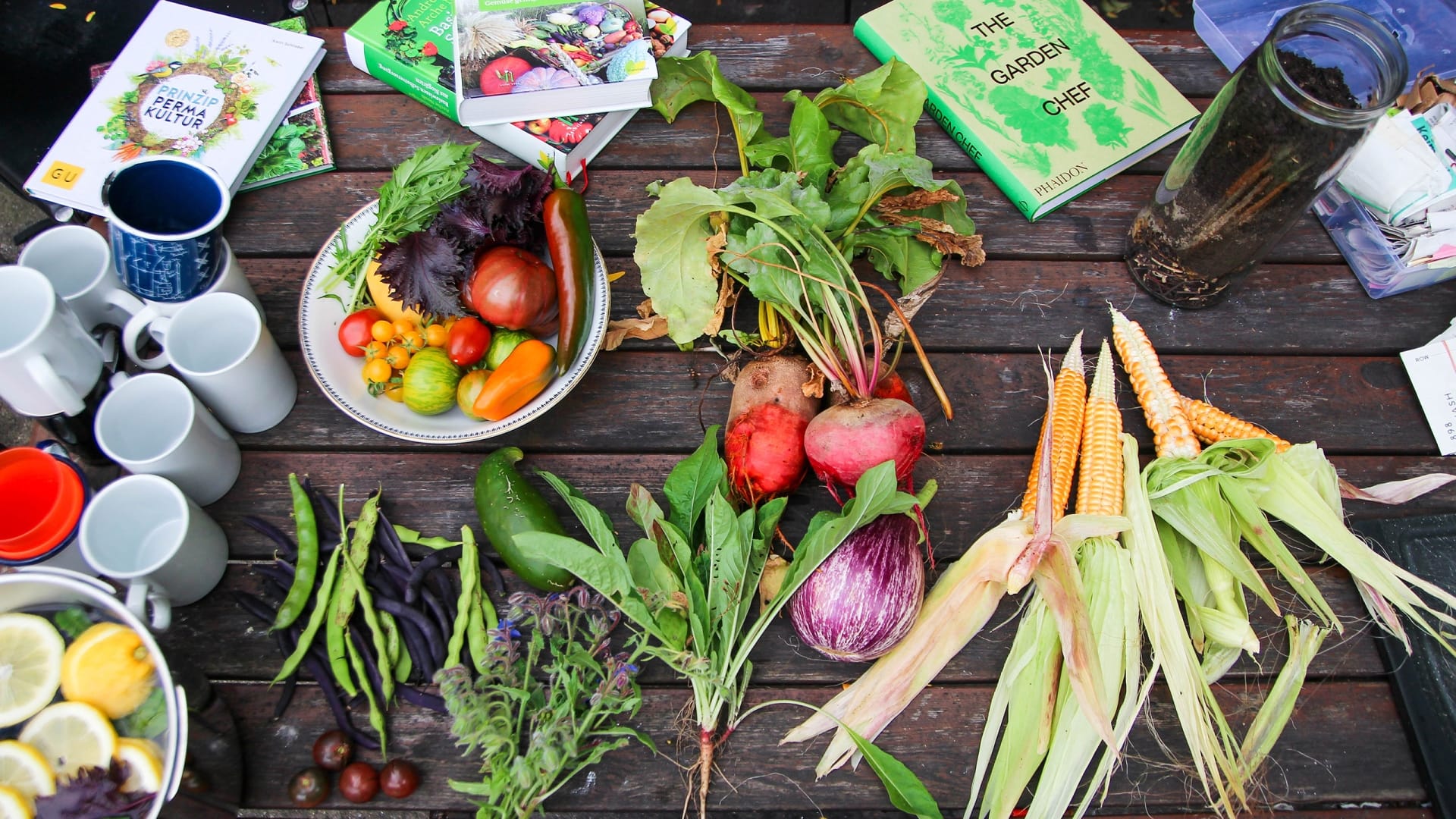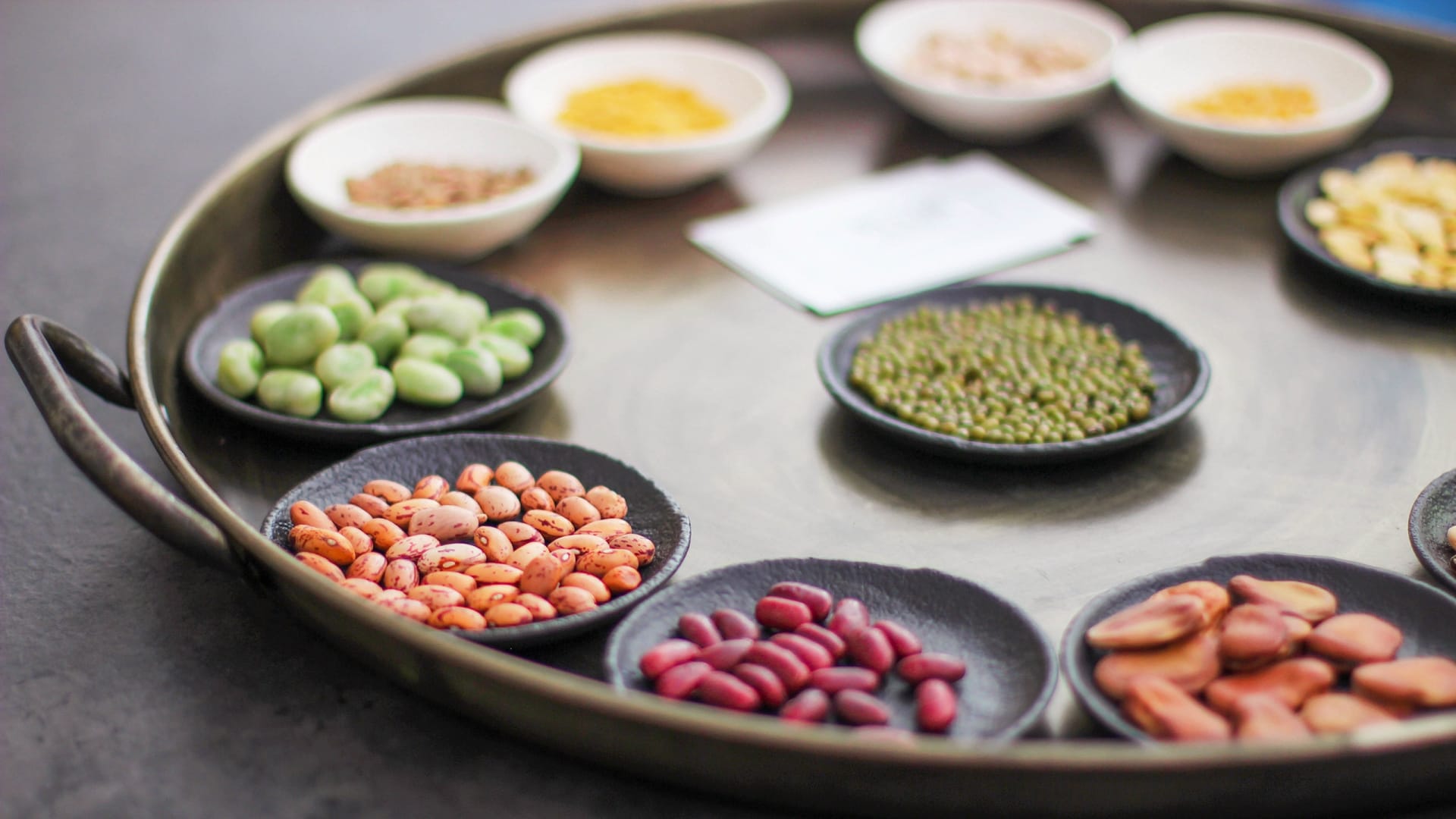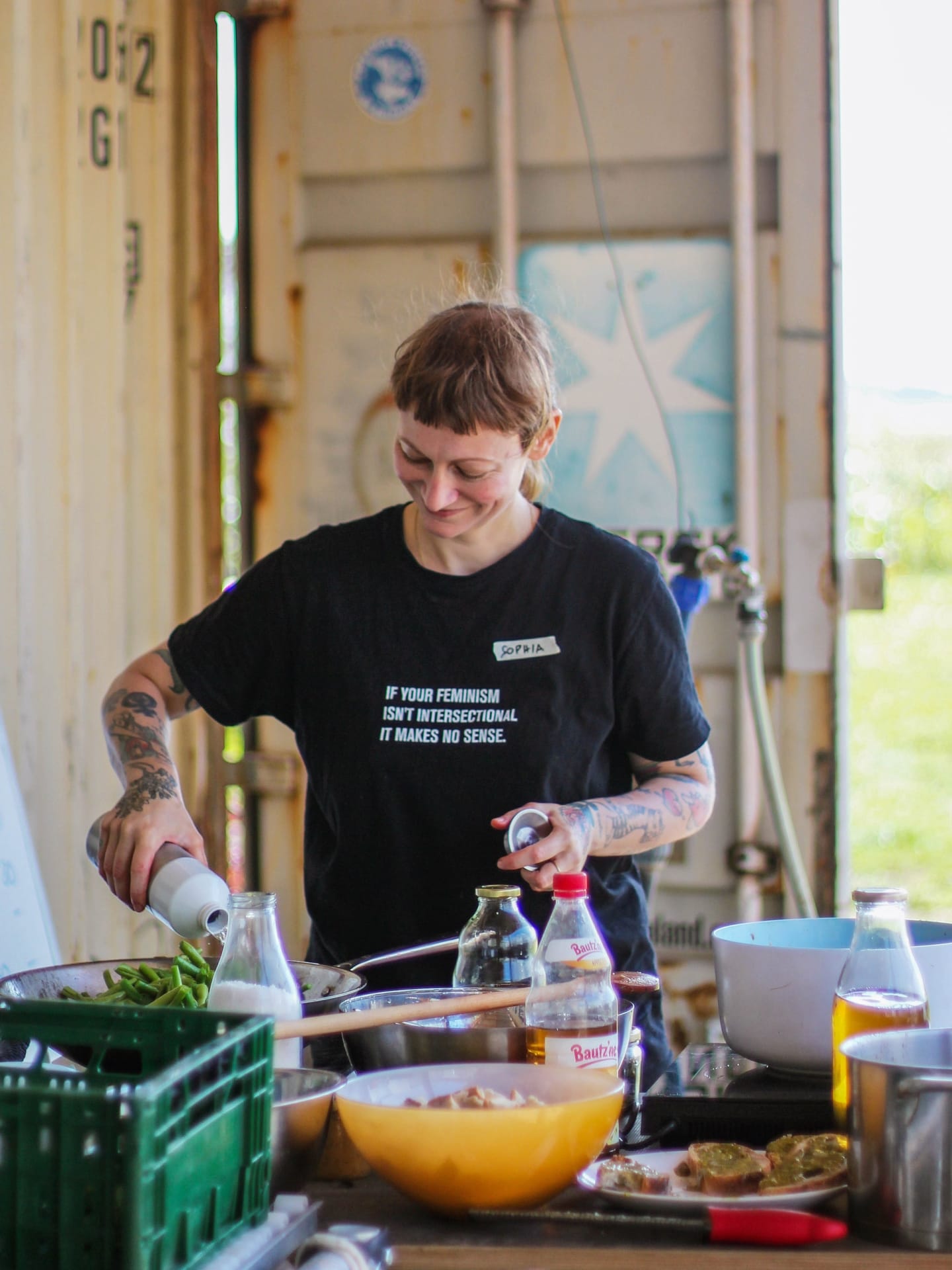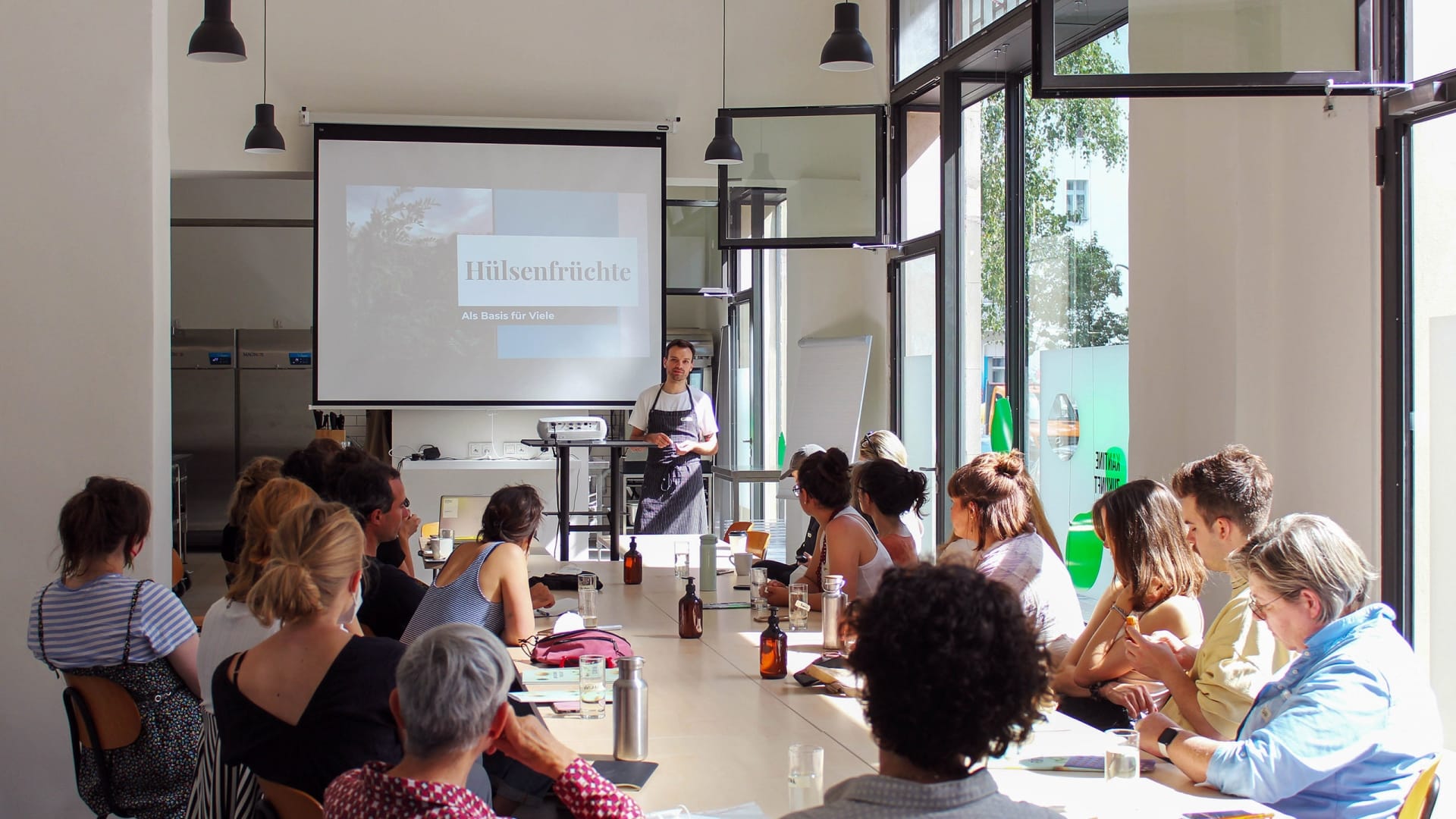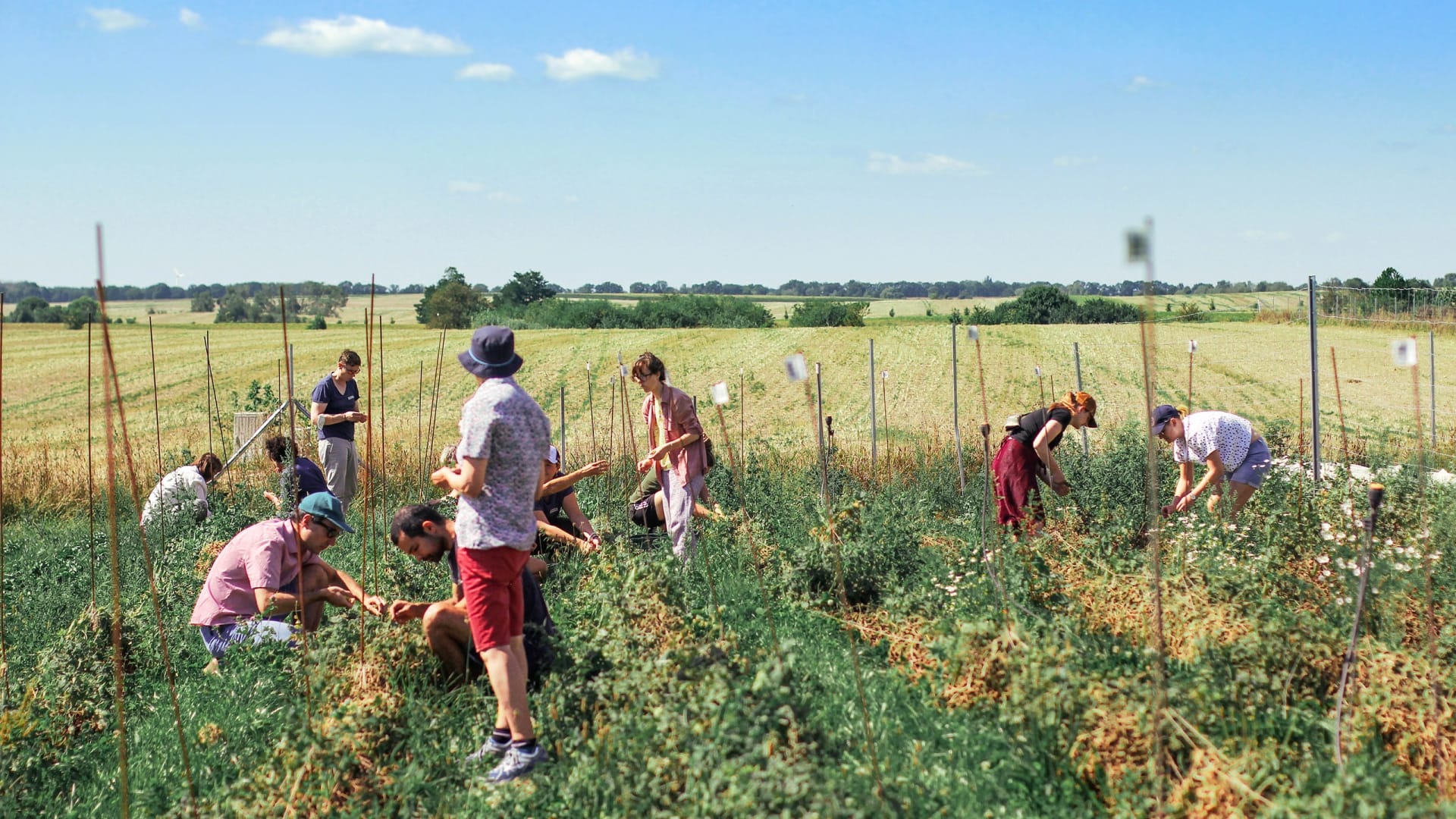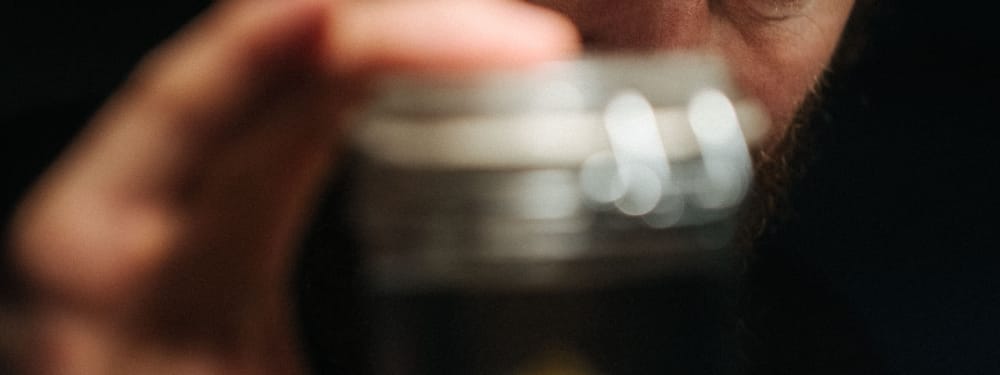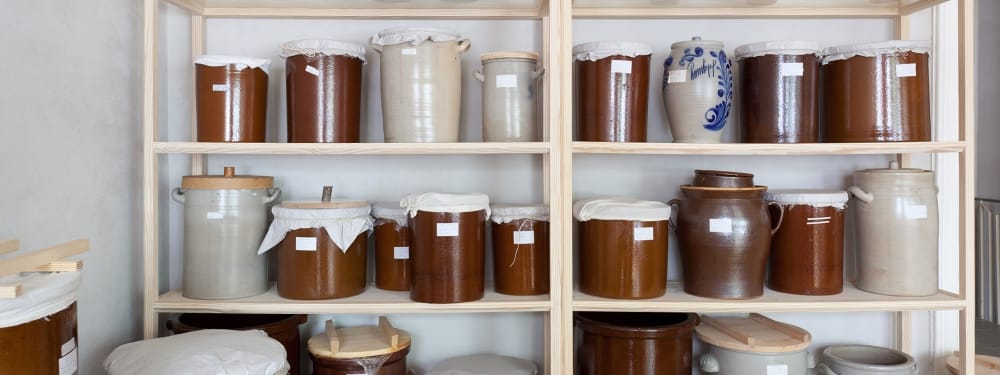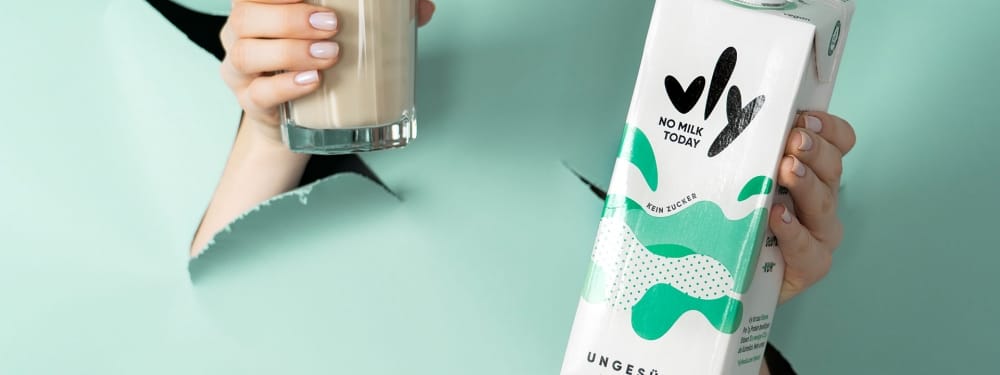What is a truly sustainable food system?
Exactly such complex questions occupied Friederike Gaedke during her unique studies in Italy. To get closer to the answer, she now runs The Community, a “network of artisanal food producers and restaurateurs who are aware of their shared responsibility on the plate.”
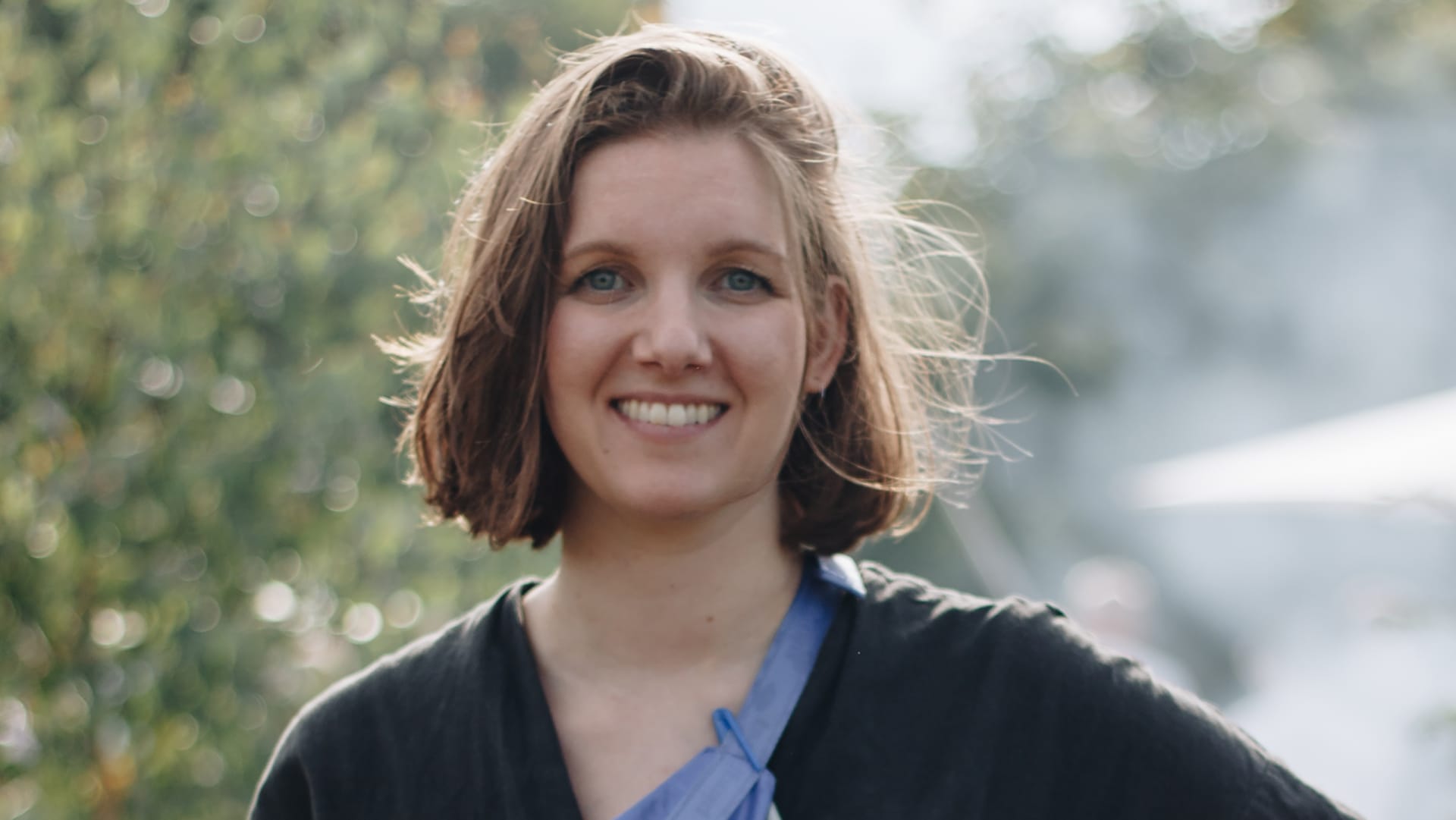
“How can we make it easier to get good products?” This is a question that every reasonably ambitious restaurant asks itself and, until 2017, the people behind Berlin’s top restaurants Nobelhart & Schmutzig and Horváth. Then they founded the network, Die Gemeinschaft e.V. “There was too little knowledge on offer in the industry and in cooking and baking training courses about the origin and variety of good products,” says Friederike Gaedke, official Executive Director since 2018. The ultimate goal behind your work is “interdisciplinary knowledge transfer and a strengthening of the network”. Among other things, that means they “also try to show farmers, for example, how to tell their stories. These are also important tools today. Precisely because the industry has greater leverage.”
The next great activist
The organization, which selects the World’s 50 Best Restaurants every year, included Friederike Gaedke in the 50 Next list under the category “Trailblazing Activist”. During our interview, we quickly realized that she is convinced of what the Community Manifesto says: “What we eat directly affects how our world is used.”
Good food – in Germany – unfortunately has the reputation of being elitist. Slow food is the opposite of fast food in several aspects, including price, some consumers fear. But more and more people want to buy “organic”, right? “The organic scene in Germany is large and perhaps bigger than in other countries, but still makes up a very small percentage. The scene that cares about good food always has potential and needs to become bigger and appeal to more people. We must not slip into such an elitist pigeonhole as in the USA, where only rich people shop at Whole Foods. For me, the USA is always a yardstick for how things should definitely not be in our country.
The Slow Food movement itself is not elitist. But since good products are simply more expensive, you automatically appeal to wealthier people. However, conventional products are also too cheap because large companies do not pay the price that it really costs to produce them. There is a lot of political work to be done over a very long period of time. Responsibility is often shifted to the farmers. They’re not the “bad guy” for demanding what they need to feed their families. I think it’s quite dangerous to then tell them they’re elitist and make food that’s too expensive.”
“Food is an awesome way to address issues.”
When asked who the “anti-America” is, she says it’s hard to say. “Especially in the food industry, there is no one solution for everyone. Of course it’s cool that in Denmark they’ve managed to get a lot of regional products into the supermarkets (which here is still more likely to be found at markets). In Switzerland, the logistics are quite good and people also shop more at markets, but it’s also much more small-scale than in the US. And that’s exactly the point: just because something works elsewhere doesn’t mean it has to be just as good here, because the needs and conditions are completely different.” This theme is repeated in our conversation with Friederike.
Bringing issues to the table
She does not believe in a solution for the whole world or the whole of Europe, but rather thinks in terms of systems. That may come from her studies at Piedmont University of Gastronomic Sciences or from working in the community. While this is a network that not only operates locally in Berlin and is certainly a national pioneer, it also does not necessarily consider itself a gastro sparring partner for politics. Problems are tackled at the root. “Where people eat every day, these issues need to be brought – literally – to the table. That’s where I like to mention Canteen Future. Or the Sarah Wiener Foundation. It can be mega satisfying to work not only in fine dining restaurants, but also in cafeterias, hospitals that feed a lot of people. That’s where you have an impact on the well-being and health of a lot of people, where you can make a real difference.”
Images above from the 2021 symposium event on “Soil”, photo credit: Carla Ulrich.
Gaedke also knows, however, that “the industry (restaurants, agriculture) is completely unattractive for young people due to the working conditions, although many are up for it. And it’s even worse in service than in the kitchen, because there’s even less media attention. There is no “service table” at Netflix. So this is where we as an industry need to do a lot now to preserve our craft. I see great potential here.”
Only the sex industry is so universal
So understanding the diversity of professions in and around the restaurant industry is a big building site for the community. Another but unfortunately still the subject of food culture and quality understanding. She says: “Unfortunately, we have a very low appreciation of food in Germany. But I think it’s nice to see that other countries (Scandinavia) have managed to change it in a very short time. So that seems doable. And food is an awesome way to address and change such issues. Addressing and exposing everything from agriculture and climate to social and societal issues, all through the medium of pleasure. Only the sex industry is so universal, connecting people across rich and poor.”
“More understanding of quality has moved into meat consumption in recent years. Fermentation is also mega popular and many young people already know a thing or two. This could be because there were many pioneers who made it sexy. “That needs to happen with more products. Take sugar, for example: no one questions where it comes from or how it is grown. But it is an essential part of our diet.” Her affinity for education sometimes shines through. The community has been organizing a symposium since Gaedke joined in order to make exactly that possible, an exchange of knowledge between all players in the food system. So anyone can take part.
“You put something in your mouth and take it in. I don’t think it’s too much to ask if you deal with it”.
Since she has studied food systems, the last thing we asked her was what an ideal food system looks like. “It’s diverse, sustainable, regenerative in agriculture. Humans, animals and plants come off so well that they may even be better off after use. But that is a blatant utopia. Sometimes I get demotivated when I realize that we are still partly talking about the same things as 10 years ago. But it’s just super complex and you’re fighting huge windmills. These are the food industry and the – slow – politics involved. The large corporations must also learn to include externalized costs. So not just climate costs, but also, for example, paying all people fairly, including suppliers. We have all the answers for ecological sustainability. We know what we need to do, but also need to take everyone along for the ride.”
Images above from the 2021 Legume Symposium event, photo credit: Carla Ulrich.
